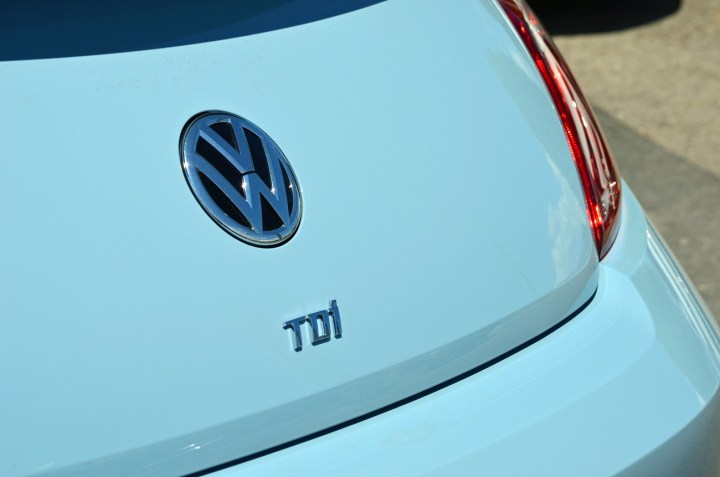
The investigation focuses on five unnamed Volkswagen employees, according to Automotive News Europe (subscription required). It’s being conducted by prosecutors in Brunswick, near VW headquarters in Wolfsburg. Prosecutors are primarily looking into tax evasion, but the investigation could also involve fraud, a spokesperson for the prosecutor’s office said.
The damage caused by tax evasion is “not insignificant,” according to a member of the prosecutor’s office. Allegations stem from Volkswagen’s announcement earlier this month that it understated CO2 emissions levels for about 800,000 cars. The reporting error includes both gasoline and diesel cars from VW, and its component brands. The company expects to spend 2 billion euros (about $2.1 billion) dealing with the issue.
Volkswagen has said that no recall will be necessary to address the problem, indicating that it is only a reporting issue, and not one that affects the performance of the vehicles themselves, like the ongoing “dieselgate” scandal. The costs estimated by VW likely include compensation payments to customers and fines that may result from prosecution.
The same Brunswick prosecutors are also looking into the diesel-emissions scandal. Last month, they raided VW’s headquarters as part of the probe. Volkswagen has admitted to installing “defeat device” software on 11 million cars worldwide, which allows cars to detect the conditions of an emissions test and alter performance.
Volkswagen has only admitted that the software allowed cars to cheat on U.S. emissions tests, nit European tests. It’s set aside $7.3 billion to deal with the entirety of the scandal, and drastically cut investments and research projects.
Editors' Recommendations
- Changes in Mars’ atmosphere are driven by enormous CO2 ice cap at its pole
- Caltech’s new CO2 recycler could be a game-changer for space exploration


